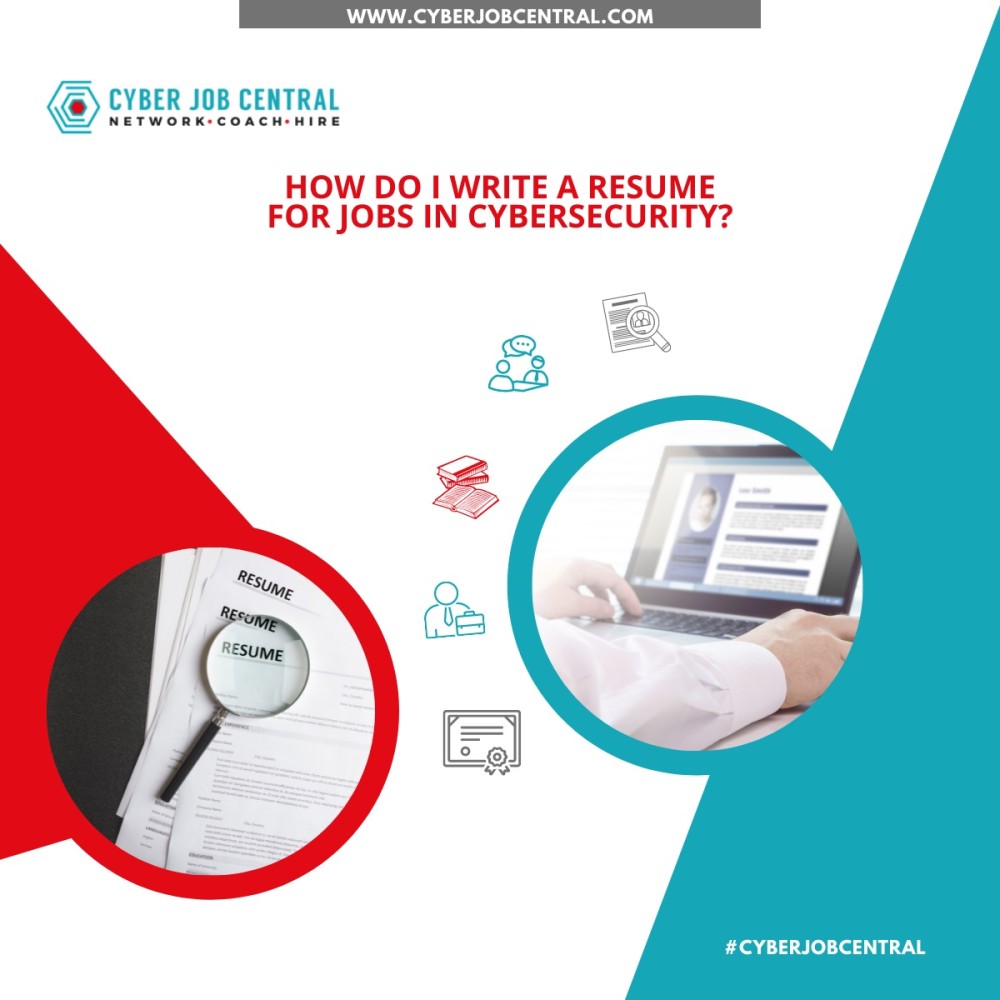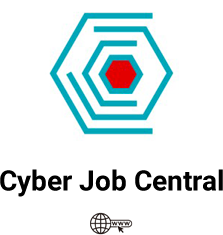How do I Write a Resume for Jobs in Cybersecurity?

If you are trying to get a job in cybersecurity, your resume is the first thing hiring managers will see when deciding if you could be a good fit. Resumes should be tailored to the job you are applying for. If you have worked or currently work in cybersecurity, then this shouldn’t be too difficult to do. But, if you are new to working in the cybersecurity industry, or you have experience in other industries, you will need to do a little more work on your resume to show that you are a good candidate for a job in cybersecurity. Whether you are new to or are already working in the field, here are some tips you should know to tailor your resume for jobs in cybersecurity.
A resume is a presentation of your professional skills, experience, training, and accomplishments. The word, “resume,” originates from the French word, “résumé,” meaning summary. Like an elevator pitch, resumes should be brief, clear, and concise enough to interest hiring managers in considering you as a top candidate for the job. It’s important to write a resume that accurately reflects the skills, experience, and education that you have acquired or are pursuing that can speak to your ability to succeed as a professional in the cybersecurity job you are applying for. One of the first things you should do is determine the kind(s) of cybersecurity job(s) you are interested in. Review job descriptions and make note of the keywords and phrases used in job announcements. Identify tasks and skills that you want to do, and that you have done in jobs you have worked in. Even if you have yet to work in cybersecurity, there are almost always transferable skills that you have acquired over your career that are needed in jobs within other fields and industries.
It will, of course, take more than transferable and soft skills to make you a top candidate for a cybersecurity job. Other than your work history and (obviously) your name and contact information, it is extremely important that you highlight your professional skills, education and certifications (already obtained and in progress), as well as software and equipment that you have worked with or managed. In addition to your tenure and work experience, hiring managers want to see your passion for the work. You can display your dedication to working or training in cybersecurity by highlighting special projects you’ve worked on (whether with your job, freelance, or as a volunteer) and providing links to your Github code projects. List your involvement in the local security community such as organization chapters, Meetups, and other cyber-and tech-focused groups. And, if you aren’t already involved in these kinds of activities, get started NOW.
All of this is very important for making a great cybersecurity resume. But the vital thing to remember in all this is that your resume should summarize your experience and qualifications. In today’s job market, the words you use on your resume will make or break you. More often than not, before your resume even gets reviewed by an actual person, it is first screened through an applicant tracking system (ATS). Originally used by large companies who receive thousands of resumes, applicant tracking systems are now used by businesses of all kinds no matter the size of the company. These systems help hiring managers review and evaluate all job applications received by collecting, sorting, scanning, and ranking all applications so that hiring managers can prioritize the review of applicants most qualified for the jobs. If your resume doesn’t rank high enough within the ATS, chances are that yours will be among the 75% of submitted resumes that are never even reviewed by human eyes before being rejected. Even if you have the right experience and qualifications, your application can still get rejected if your resume does not pass the ATS’s ranking criteria.
So, what do you do to give your resume a better chance of being seen by an actual person? Whether being screened by an ATS or by a person, keyword optimization is one of the most important things that will separate your resume from all the others. Hiring managers spend about six to seven seconds reviewing your resume before they decide to move yours to the Yes or No pile. In those seconds, they are looking for keywords and phrases that show you have the knowledge, skills, and education to understand and do the job. You aren’t going to prove this in long and drawn-out paragraphs taken straight from your job description. Keep your resume down to one to two pages total. Use bullet points instead of paragraphs to list your accomplishments at your jobs. And make sure your resume is balanced in formatting throughout. Don’t have more than two different fonts. Make sure like sections are formatted the same throughout the document. Lastly, always make sure to double-and triple-check spelling and grammar using Spell Check. There is nothing worse than celebrating your “attention to detail” in your cover letter – only to have your resume rejected because of a typo.
These are just some of the crucial tips that can help you navigate through the competitive job market of today. But always remember that a resume is not what will get you the job. Your resume is a document that can help you get your foot in the door for an interview. But you ultimately must be able to demonstrate and prove what you have so strategically put on (digital) paper. You will best do that by learning, growing, and getting as much experience and knowledge in cyber and information security as you can.


